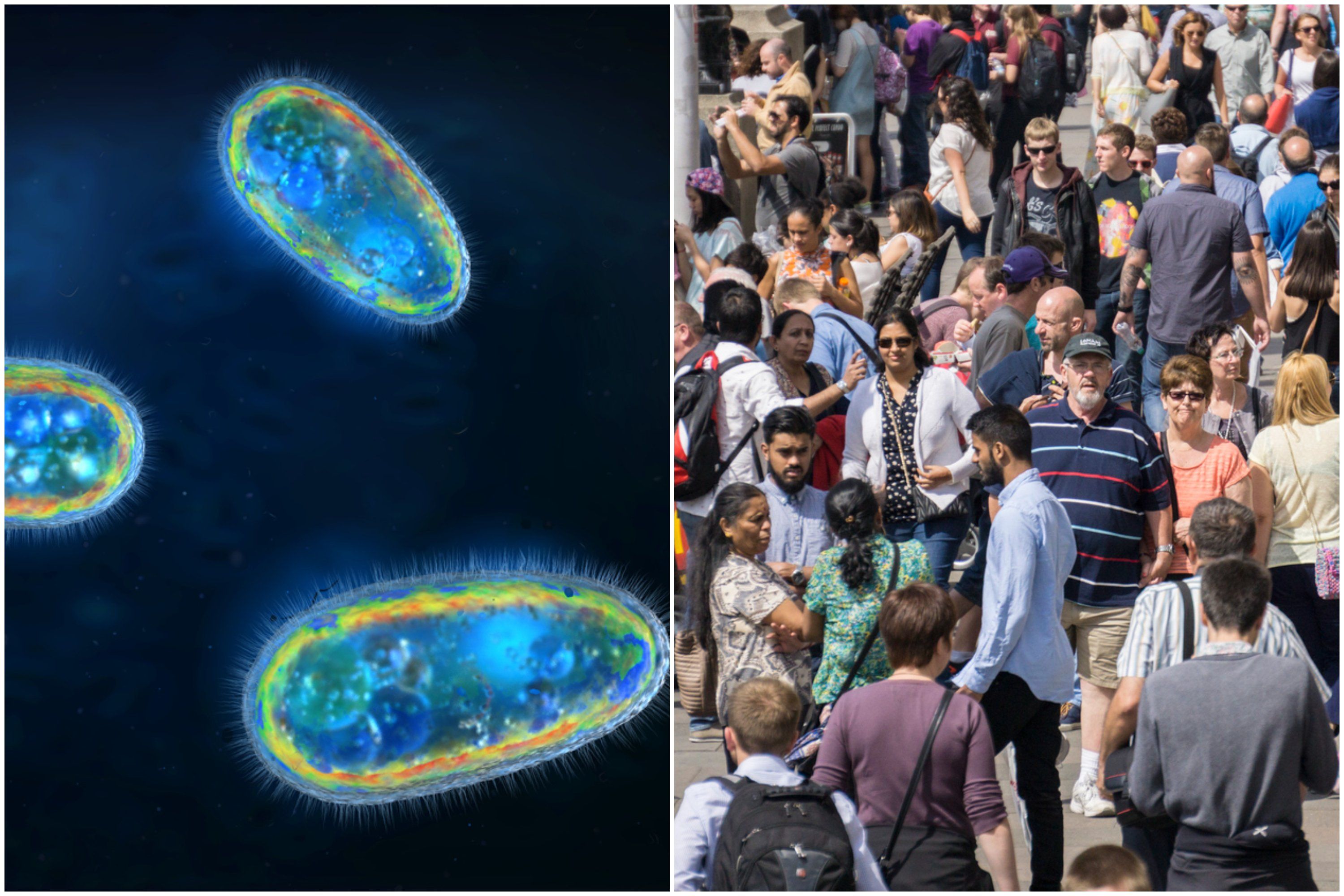Diversity is the ultimate key to beauty – just look around you and you’ll see.
derives from a single ancestor. And despite what the Bible says, it’s name isn’t God or Adam but LUCA.
This acronym stands for the “Last Universal Common Ancestor,” which scientists believe was a tiny, and very basic, organism.
They think that this single-cell being was the forefather from the smallest of bacteria to the biggest of beasts. And now, a new study has found that LUCA is even older than the experts had thought.
For years, researchers have estimated that LUCA emerged on our planet some 4 billion years ago – just 600 million years after the world’s formation.
, suggests that our ancestor was around even earlier than that.
.
The international team of authors, based in the UK, Netherlands, Hungary and Japan, said they had to “work backwards” to “zero in on exactly when LUCA appeared on Earth.”
To do this, they compared genes in living species, and counted the mutations that have occurred since they all shared a common ancestor (LUCA).
“Using a genetic equation based on the time of separation between species, the team worked out that LUCA must’ve been mucking around on Earth as early as 400 million years after its creation,” the researchers explained.
This puts the organism “smack in the middle of the hellish geologic nightmare known as the Hadean Eon.”

The Hadean Eon, named after Hades, the Greek god who ruled the underworld, was the unofficial time period that began with the formation of Earth.
.
The fact LUCA was able to survive in such an environment is impressive to say the least, and so the researchers sought to learn how this was possible.
They concluded that whilst LUCA was a simple prokaryote (a single-cell organism whose cell lacks a nucleus and other membrane-bound structures), it likely had an immune system. This enabled it to fight off primordial viruses.
.
“Its waste would have been food for other microbes, like methanogens, that would have helped to create a recycling ecosystem.”
Nevertheless, although LUCA is our oldest established common ancestor, scientists are still trying to work out how complex life evolved from its origins
Further work must now be done to dig deeper into our primordial history and discover how exactly we, and the extraordinary world around us, came to be.
Sign up for our free Vivid Bulletinweekly newsletter
How to join the Vivid Bulletin's free WhatsApp channel
Have your say in our news democracy. Join the conversation about this article in the Comments./em>

Post a Comment
0Comments